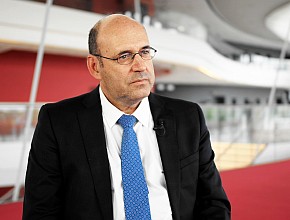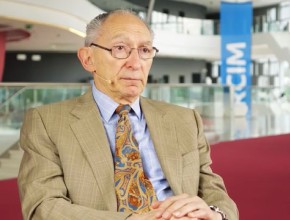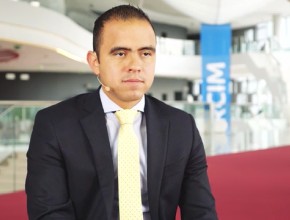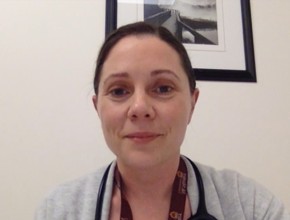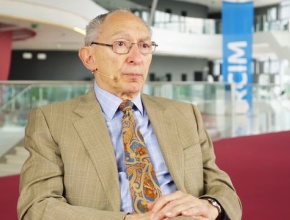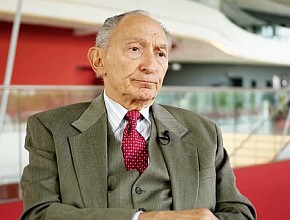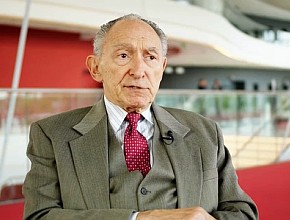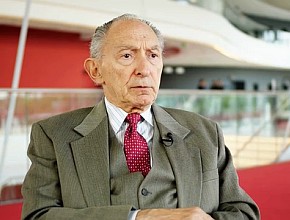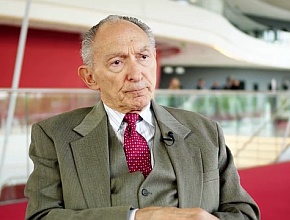Dr Leonard Wartofsky is a professor of medicine at Georgetown University Hospital, chairman emeritus of the Department of Medicine at the Washington Hospital Center, and past president of the American Thyroid Association and the Endocrine Society.
An older patient with an acute episode of atrial fibrillation treated with amiodarone in an emergency department setting develops signs and symptoms of thyrotoxicosis. The patient needs urgent computed tomography angiography (CTA). What should we do thyroid-wise?
Leonard Wartofsky, MD, MPH: The issue with amiodarone-induced thyrotoxicosis (AIT) revolves around what type of thyrotoxicosis it is.
With amiodarone one can get so-called type 1 or type 2 AIT. Type 1 AIT occurs in patients that tend to have some history of thyroid disease, such as underlying Graves disease, Hashimoto, nodular goiters, and so on. The iodine that is in the amiodarone is fueling the normal or hyperfunctional areas to make too much thyroid hormone. Type 2 AIT is a destructive type of thyroiditis that occurs typically in normal glands, small thyroid glands, and the amiodarone is destroying thyroid tissue and releasing hormone.
The key underlying problem is that amiodarone is so rich in iodine. It is some 39% iodine. A typical tablet or capsule is 200 mg, which means 78 mg of iodine. That is 78,000 microg, and normal iodine requirement for the thyroid is about 100 to 150 microg. It is a huge iodine excess and one needs to diagnose whether it is type 1, iodine-induced, or type 2, amiodarone-induced, to know how to treat it.
Type 1 AIT can be diagnosed perhaps with a radioactive iodine uptake or sestamibi scan, but type 2 AIT would not take up any iodine because of the destruction and one cannot do that. For type 1 AIT, since there is still some normal thyroid function, we can treat the patient with antithyroid drugs (propylthiouracil [PTU] or Tapazole [methimazole]). For type 2 AIT, we would treat with steroids; antithyroid drugs are not indicated and are not effective.
In this patient you have described that has been exposed to amiodarone, we need to know whether it is type 1 or type 2 AIT, so we can proceed with therapy and also know, in your question, whether it would be safe to do another iodine load. My own feeling is that it is safe. If it is critically important to have that CT scan or contrast study, vascular study for the treatment of an acute cardiac event, then we go ahead and do it. In addition, one can use other agents that will block iodine uptake from the thyroid gland, such as thiocyanate or perchlorate, and then the dose of iodine contrast can be given safely.
 English
English
 Español
Español
 українська
українська

